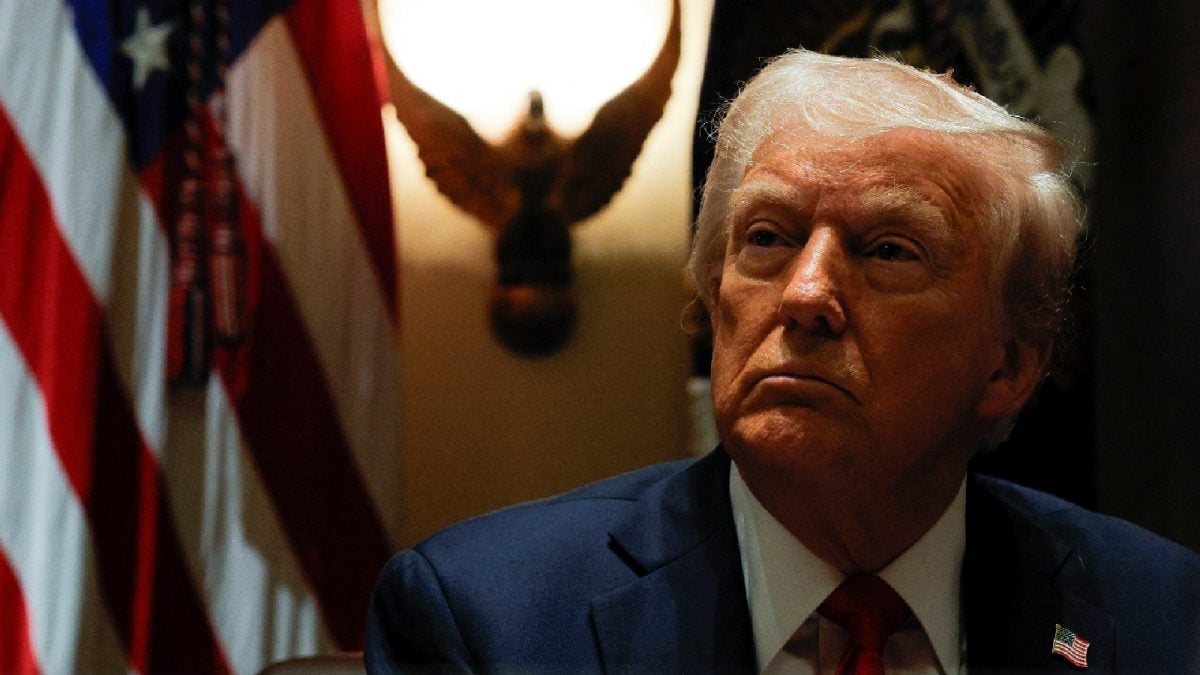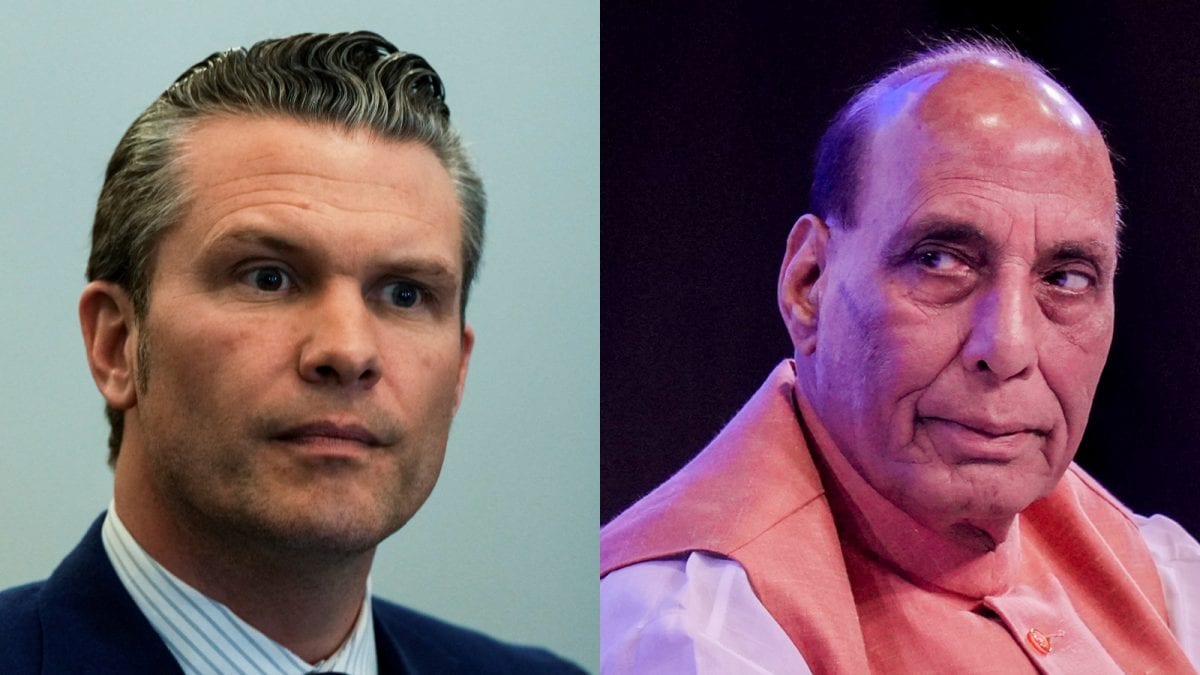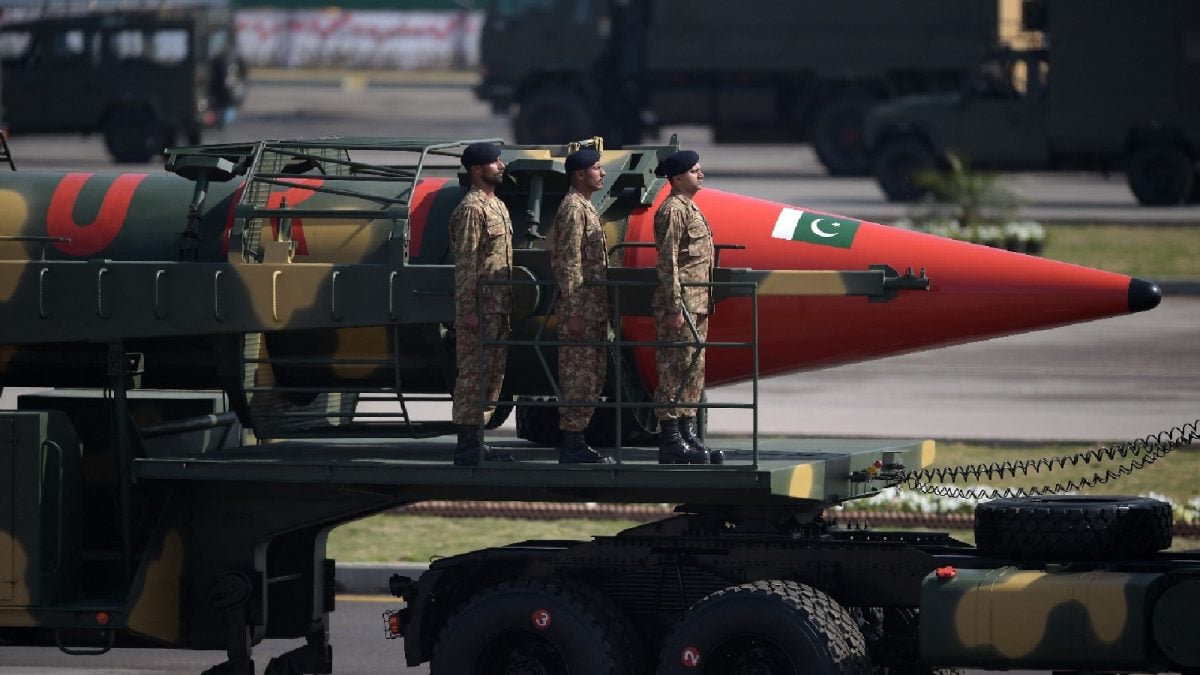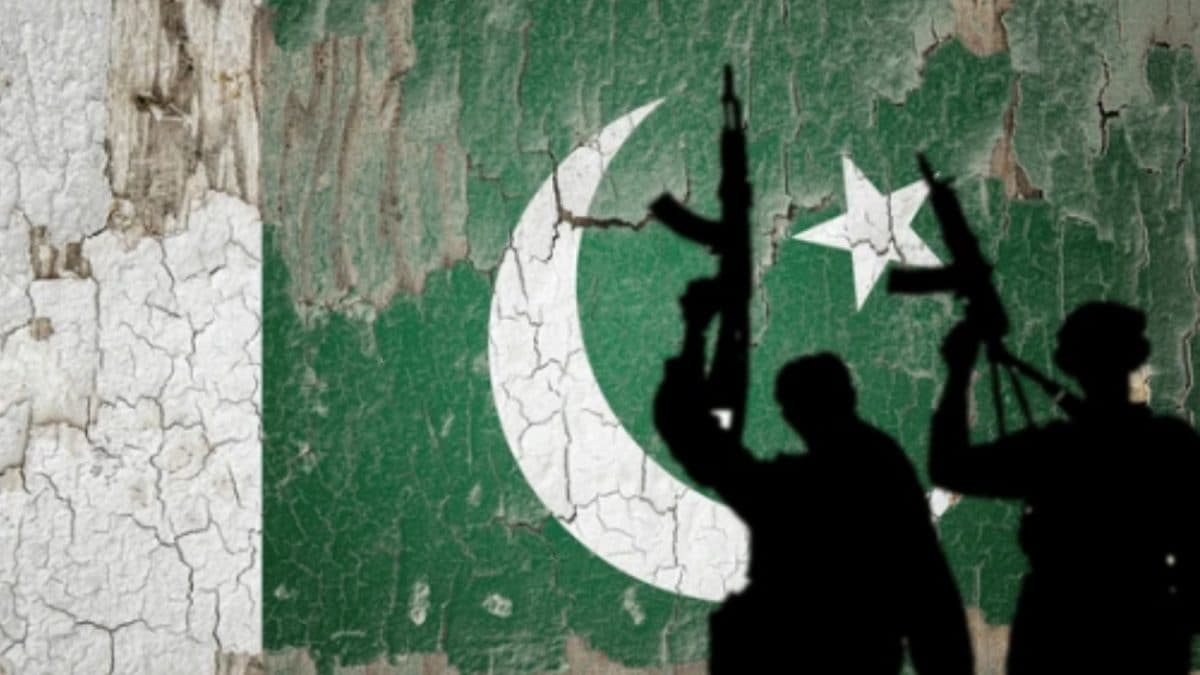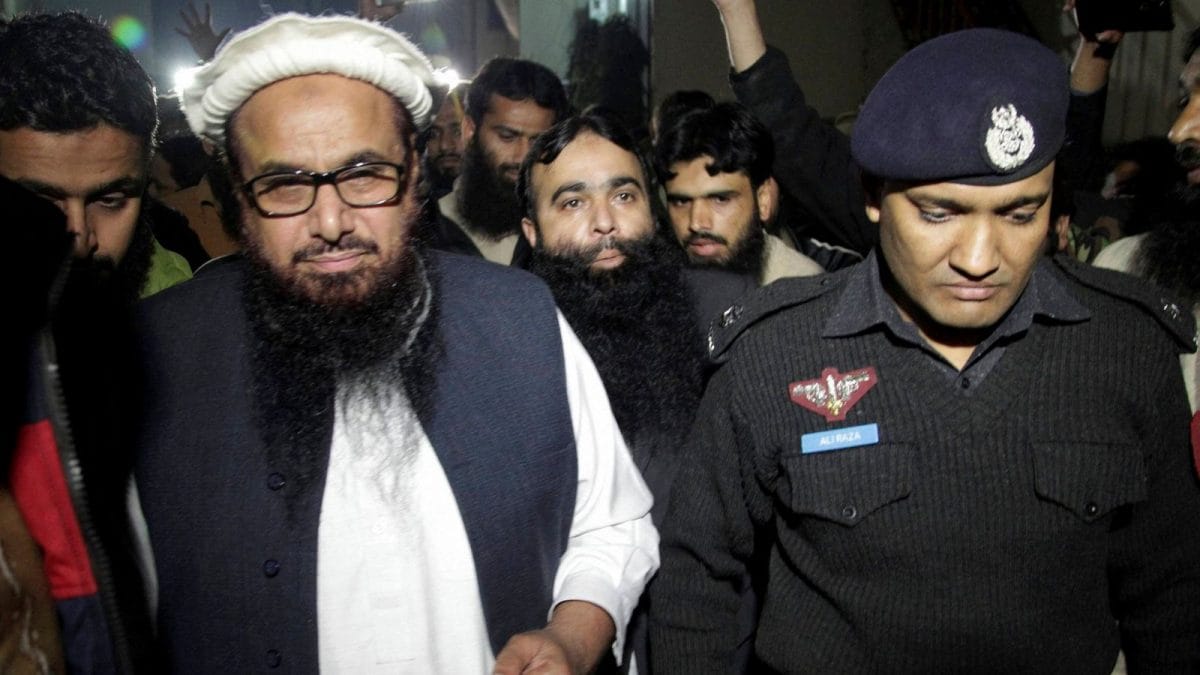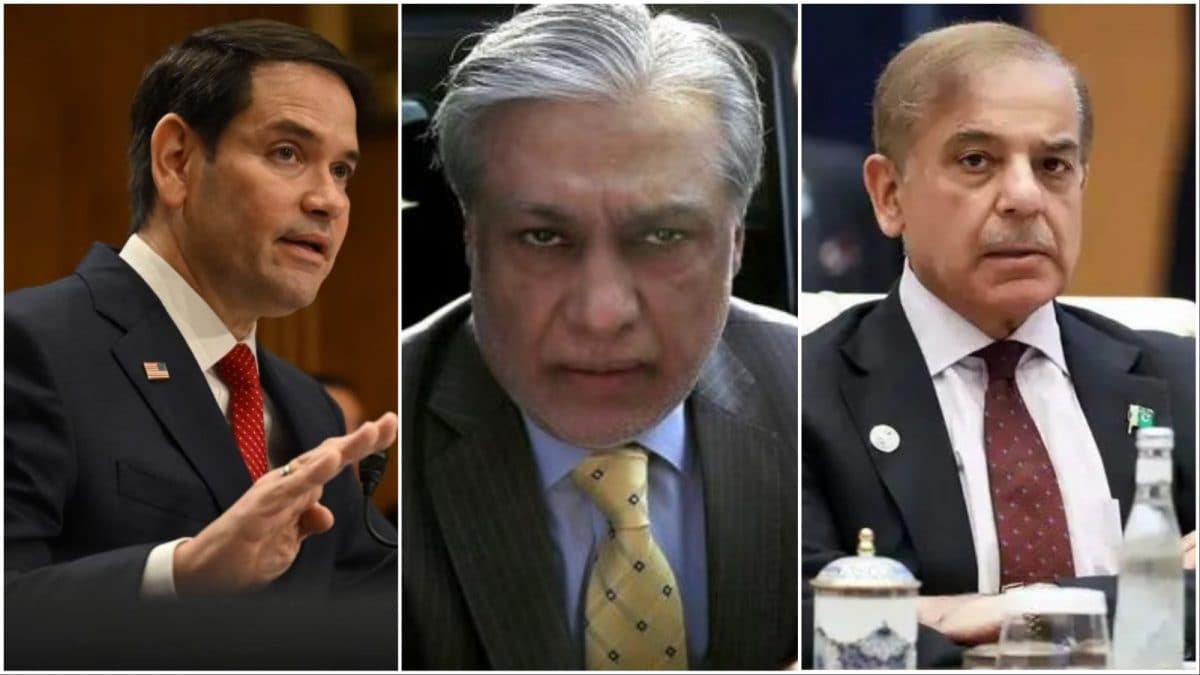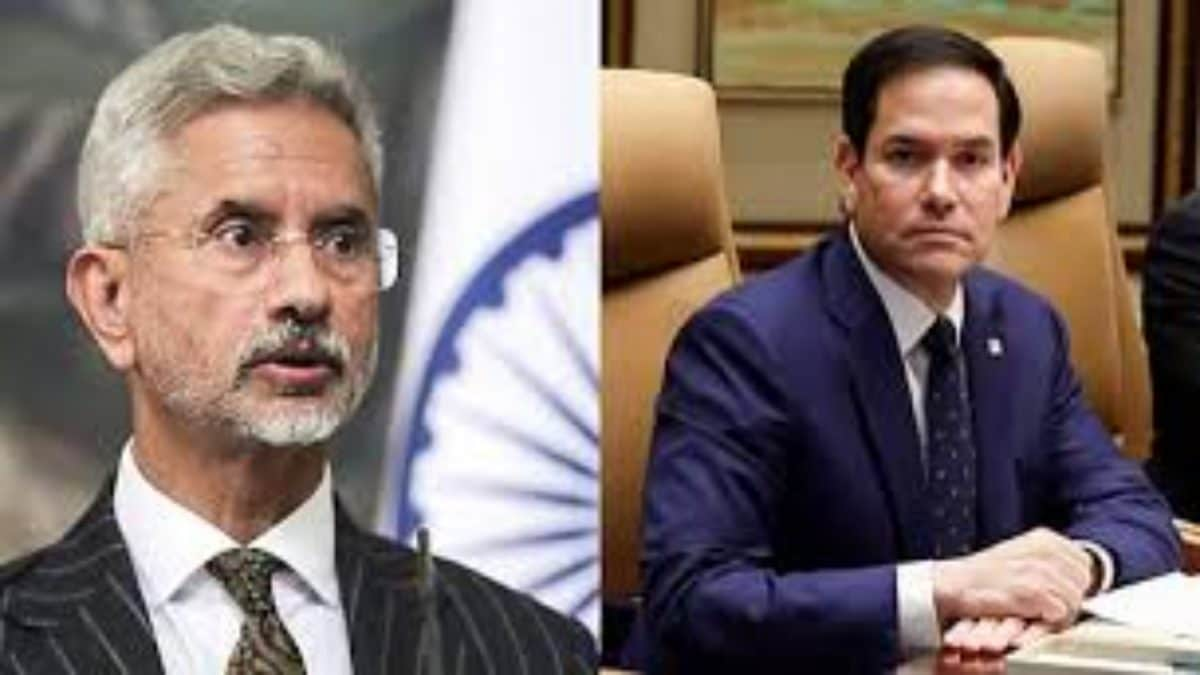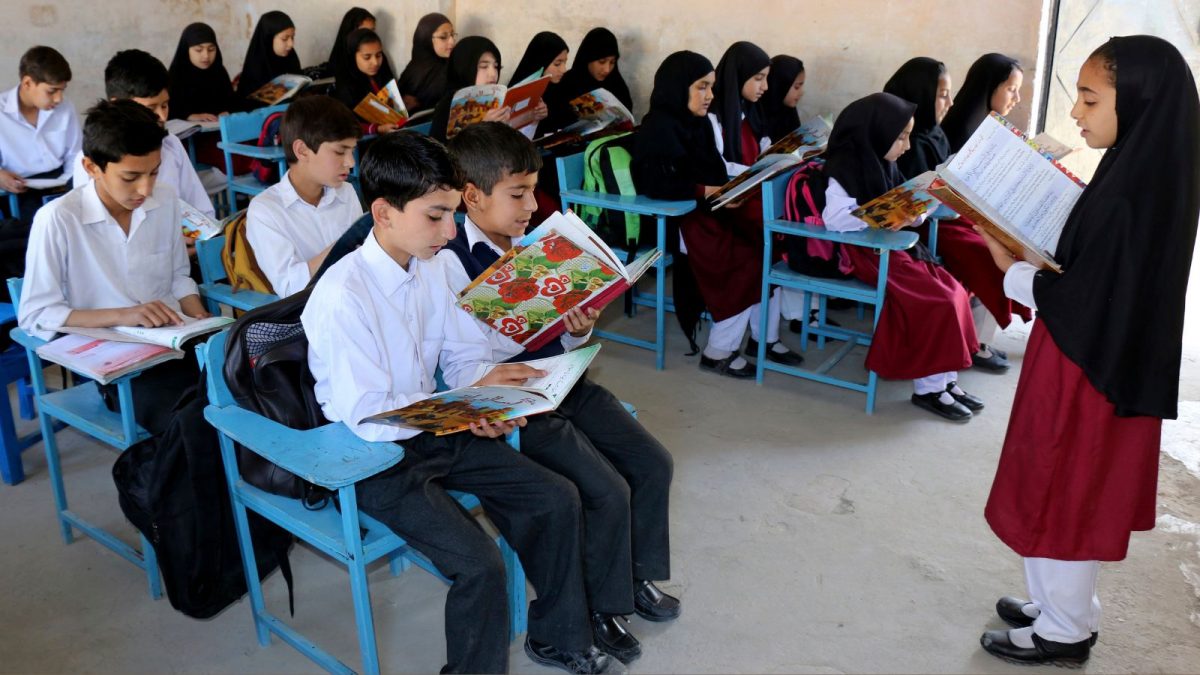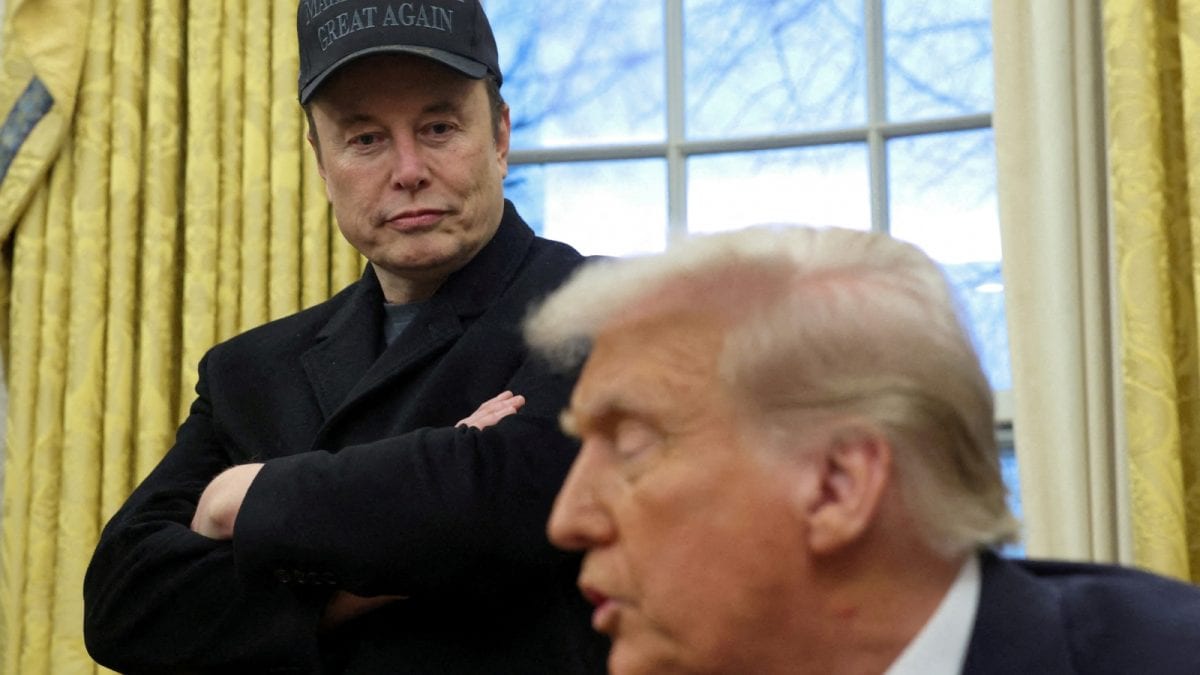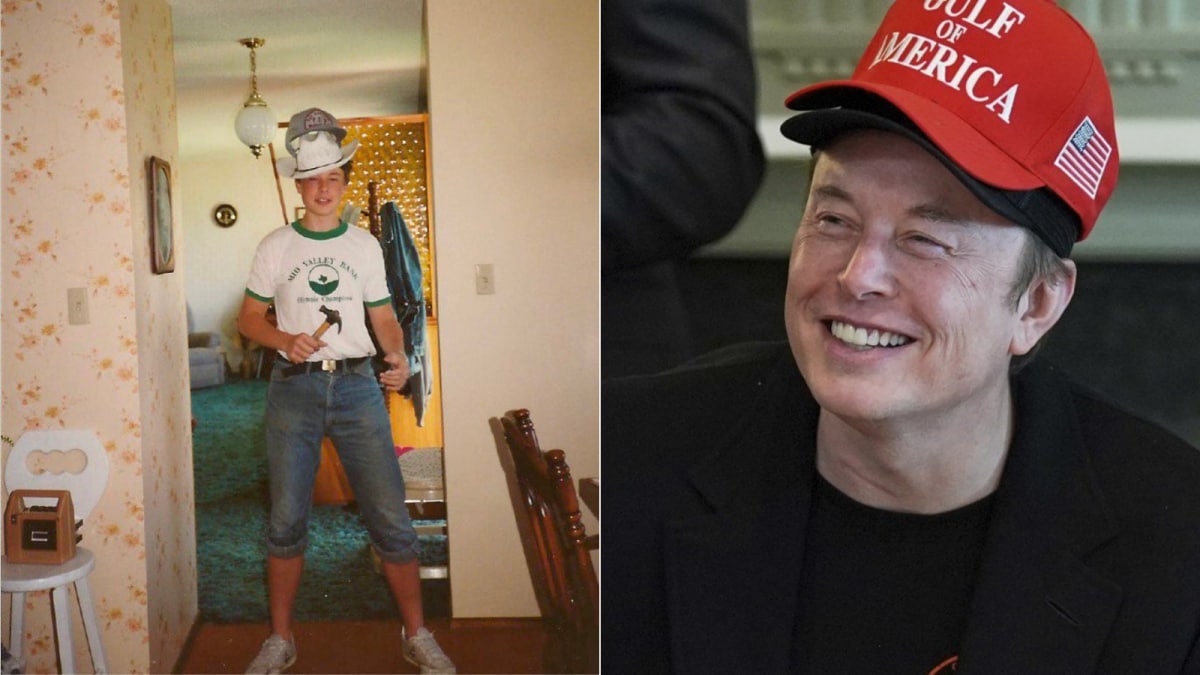Last Updated:May 01, 2025, 15:38 IST
Given Pakistan’s volatile political climate, retired Army Chiefs often fear future probes, making relocation abroad a safer, more secure and appealing post-retirement choice

Former Pakistani army chief General Pervez Musharraf is a notable example of a military leader who fled the country amid political turmoil. (News18 Hindi)
Tensions between India and Pakistan have surged following the Pahalgam terrorist attack, with relations between the two nations remaining extremely sensitive. Amidst this, reports suggest that Pakistan’s Army Chief, General Asim Munir, has sent his family abroad.
Reports also indicate that several other Pakistani military officers have relocated their families to European countries in recent weeks, fuelling speculation that General Munir may eventually settle abroad himself. This raises the question of why Pakistan’s Army Chiefs often opt to settle abroad after retirement.
In Pakistan, the Army Chief holds immense power, shaping not just the military but also politics, the economy, and foreign policy. After retiring, they sometimes face threats from political adversaries or rival generals, making relocation abroad a precautionary measure for safety.
Moreover, many retired Army Chiefs possess significant wealth, including property, bank accounts, and business interests, much of which is invested overseas. As a result, destinations like Dubai, London, Canada, and the US provide secure and comfortable living options.
Former Pakistani army chief General Pervez Musharraf is a notable example of a military leader who fled the country amid political turmoil. Musharraf, who led a military coup in 1999 to oust prime minister Nawaz Sharif, served as Pakistan’s military dictator and president from 2001 to 2008.
His tenure was controversial, marked by allegations of human rights violations, political repression, and judiciary curbs. In 2007, he declared a state of emergency and suspended the constitution, leading to his resignation in 2008 to avoid impeachment. Musharraf subsequently fled to Dubai and later moved to London. He faced a treason trial in Pakistan and died in Dubai on February 5, 2023.
A similar case is that of General Ashfaq Kayani, who, after retiring, attracted attention with reports of his significant property investments abroad. One claim suggested that Kayani purchased an entire island, though this seemed exaggerated given his financial resources. Kayani had also been implicated in a defence land scam in Pakistan. He served as Army Chief from November 2007 to November 2013, succeeding General Musharraf, and was previously the Director-General of the ISI.
General Qamar Javed Bajwa, who served as Pakistan’s Army Chief from 2013 to 2021, saw his family amass substantial wealth during his tenure. An investigative report revealed that Bajwa’s relatives acquired properties in major Pakistani cities and abroad, totalling over 12.7 billion. While there are no confirmed reports of his family’s relocation, they notably transitioned from modest means to significant wealth during Bajwa’s leadership.
Pakistan’s political landscape continues to be unpredictable, leading retired Army Chiefs to fear potential investigations by future administrations. Consequently, relocating abroad often emerges as a safer and more secure alternative.
The Pakistani military also maintains strong links to international affairs, with many retired generals taking up roles as defence consultants or military advisors in the Middle East, leveraging their global networks.
Additionally, the families of many Pakistani generals are already settled in countries like Canada, the US, the UK, or the UAE, making these destinations attractive post-retirement.
Since its creation in 1947, Pakistan has seen its army evolve into the most powerful institution in the country—one that influences not only national security but also politics, foreign policy, the economy, and media. Repeated military coups and long army-led regimes under leaders like Ayub Khan, Zia-ul-Haq, and Pervez Musharraf have entrenched the military’s dominance over civilian governments.
Unlike most democracies where armies follow government orders, in Pakistan, it is believed that the military often dictates terms to elected leaders. The Inter-Services Intelligence (ISI), operating under the military, reportedly plays a key role in shaping political outcomes and controlling dissent. It has also been reported that the army also controls major business interests, giving it financial independence from the civilian administration.
Today, the military’s role extends into foreign relations—especially with India, Afghanistan, and the US—leaving little room for civilian leadership to operate independently.
Ongoing tensions between the Shahbaz Sharif government and the military highlight the imbalance, with reports and social media claims suggesting the army is effectively steering key decisions. It has been claimed that this dominance continues to weaken Pakistan’s democratic institutions and political stability.
Location :Pakistan
First Published:News world Why Do Pakistani Army Generals Settle Abroad After Retirement?

 2 hours ago
2 hours ago
